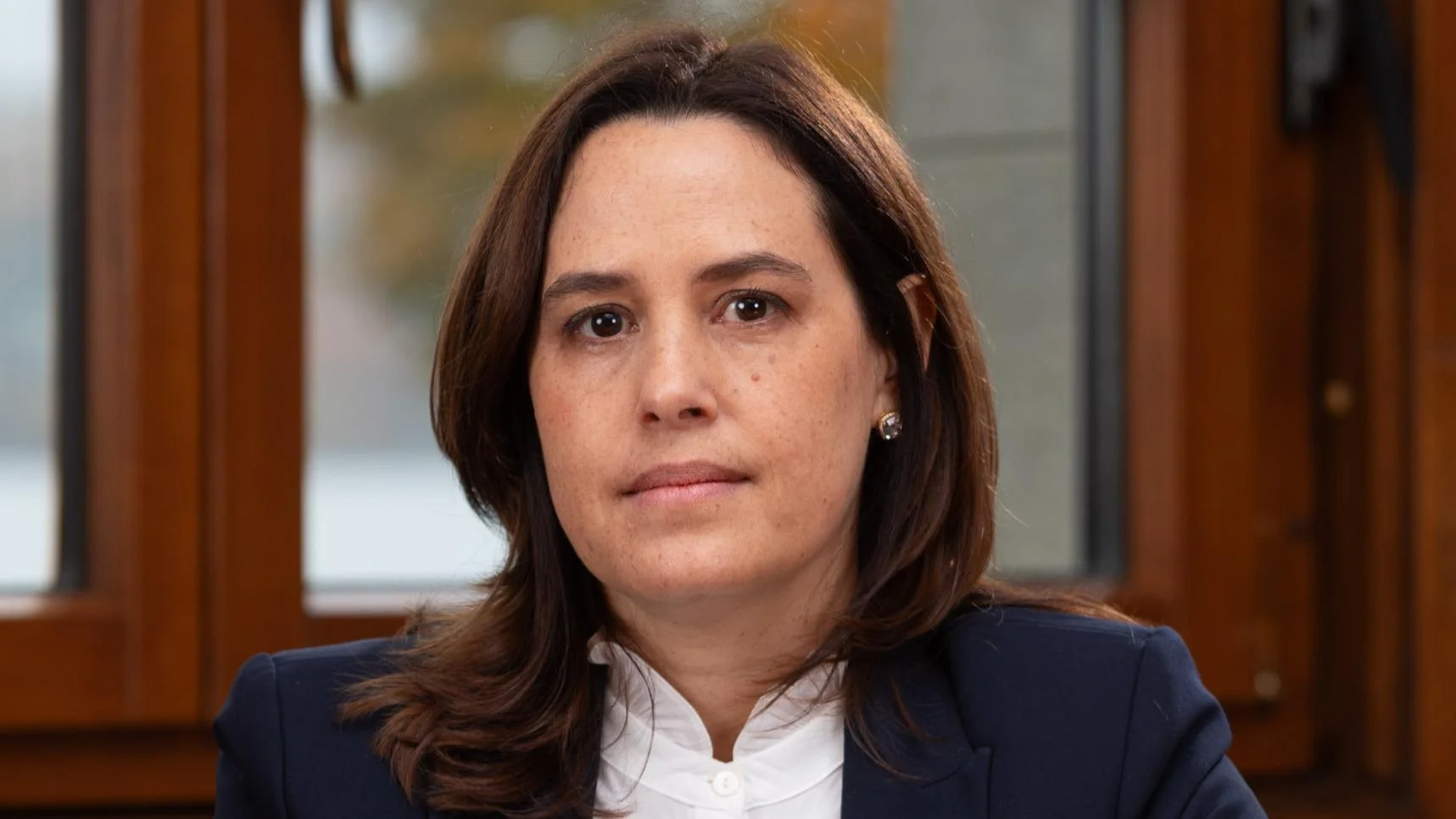The World Trade Organization (WTO) and the World Bank have reported significant progress in advancing digital trade across Africa, following the launch of their joint “Digital Trade for Africa” (DTA) project. The findings were discussed during a recent event moderated by Ambassador Richard Brown of Jamaica, who facilitates the WTO Work Programme on E-commerce.
Deputy Director-General Johanna Hill opened the session by highlighting that the DTA project has made considerable strides since its inception. She recalled that a policy note presented to African officials in July 2023 emphasized the need for an enabling regulatory environment for digital trade. According to Hill, “Delegations have encouraged partnerships with relevant institutions to address the digital divide, including through gap analyses and digital trade readiness assessments. This project demonstrates a concrete example of such partnership.” She also noted growing interest in expanding these efforts: “There has been interest in extending the project to additional countries and other regions. In fact, last week we launched a similar initiative for the Latin America and Caribbean region, in partnership with the World Bank and the Inter-American Development Bank.”
Experts from both organizations shared key findings from six pilot country reviews—Benin, Cote d'Ivoire, Ghana, Kenya, Nigeria, and Rwanda—and a stocktake note released during the WTO Public Forum earlier this month.
Antonia Carzaniga of the WTO explained that improvements over the past decade include better electricity access, internet coverage, affordability, and usage among these countries. She stated that digitally delivered services are also seeing steady growth. Carzaniga underscored how existing WTO agreements—the General Agreement on Trade in Services (GATS), Information Technology Agreement (ITA), and Trade Facilitation Agreement (TFA)—help maintain open markets and predictable conditions for digital trade-enabling services such as telecommunications and finance. These agreements also support tariff elimination on ICT goods like computers and smartphones while expediting customs procedures.
Martin Molinuevo from the World Bank outlined progress identified through Digital Trade Gap Analysis reports. He cited advancements in electronic invoicing, e-signatures, and e-contracts but noted weaker areas around cross-border data flows and consumer protection frameworks.
Both speakers highlighted that these assessments not only share information but help countries measure their policies against international standards while encouraging broader engagement with government agencies across service sectors. They pointed out that a template developed during this pilot phase could be used by other nations seeking similar assessments.
The World Bank further described its ongoing regional projects supporting Africa’s digital market integration goals—including backing for initiatives like the African Union Single Digital Market Vision 2030 aimed at strengthening broadband connectivity, data flows, and e-payments infrastructure across borders.
Concluding remarks came from Deputy Director-General Xiangchen Zhang: “We intend to help these pilot countries leverage best practices globally and mobilize donor support for drafting and enforcing relevant laws and regulations. In the next phase of the DTA project, we will work with each pilot country individually to provide a tailor-made technical assistance programme for them.” He also called for expanded partnerships with donors to extend technical assistance beyond Africa.
Full assessment reports for Benin, Cote d'Ivoire, Ghana, Kenya, Nigeria, Rwanda as well as an overview note are available via the dedicated Digital Trade for Africa project page.

